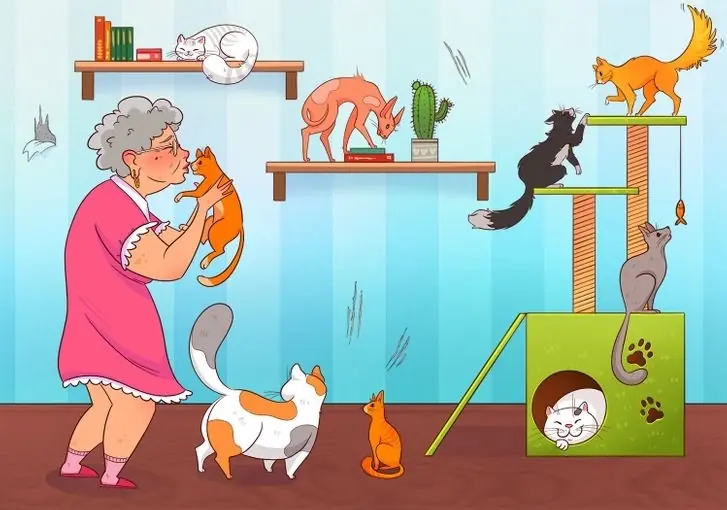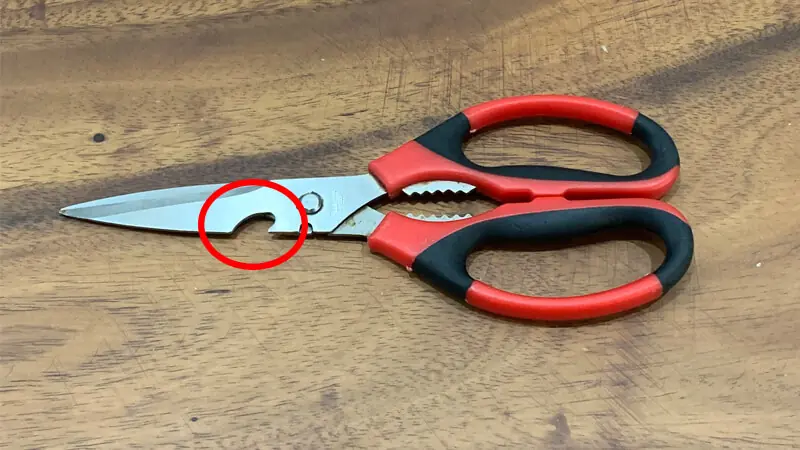
Never keep these 4 relics
When Someone in the Family Passes Away: Why You Should Never Keep These 4 Relics
Losing a loved one is one of life’s most emotionally challenging experiences. Grief can be overwhelming, and during this time, family members are often left with not only the emotional burden of the loss but also the physical belongings of the deceased. While it may seem natural to hold onto certain items to preserve memories, it’s important to be mindful of how certain objects can impact your emotional healing.
Here are four types of relics that experts suggest you should avoid keeping after the death of a family member:
1. Personal Items with a Strong Emotional Charge
Many of us have sentimental attachments to the personal belongings of those we love, such as their clothes, jewelry, or favorite objects. While it’s natural to want to hold onto these items as a reminder, these personal belongings can sometimes trigger overwhelming grief. Seeing the deceased's clothes or possessions may prolong the mourning process and make it more difficult to move forward.
Instead of keeping these items indefinitely, consider donating them to a charity or passing them on to someone who might appreciate them. This can give the items a new purpose while also helping you to release their emotional hold.
2. Items Related to Unresolved Negative Experiences
If a loved one passed away after a prolonged illness or had a difficult relationship with certain objects, keeping these items may bring up negative memories. Objects that were associated with their pain, suffering, or unresolved conflicts can make it more difficult for you to find peace. For instance, keeping the medication bottles or medical devices used during their final days might hinder your ability to heal emotionally.
Instead, it might be healthier to part with these items and focus on the positive memories and experiences shared with the loved one. This can allow you to cherish the good times without being weighed down by negativity.
3. Photos That Feel Overwhelming
While photographs are often treasured as a way to preserve memories, some images might be too painful to look at after a loved one has passed away. Photographs taken in the final stages of their life, or those that capture particularly emotional moments, may cause more distress than comfort.
If you find yourself unable to view these photos without intense sadness or pain, it might be wise to store them out of sight for a while. You can revisit them once the grieving process becomes more manageable, or you may decide to honor their memory in other ways, like creating a tribute or scrapbook that focuses on happier moments.
4. Unused or Unnecessary Items
In many cases, items like unused gifts, unopened letters, or materials that the deceased was never able to use or finish (such as work or personal projects) can bring up feelings of what was lost. Holding on to these items can sometimes be an emotional burden as they represent things left undone.
Rather than holding on to these objects as a reminder of things that were never completed, consider disposing of or repurposing them. It’s important to remember that while these items may have significance, they don’t define the person's legacy or your connection with them.
Healing and Moving Forward
Grief is a personal and unique journey, and there is no right or wrong way to navigate it. However, holding onto certain objects can prolong the healing process by keeping you emotionally tethered to the past. By letting go of physical relics that have strong emotional charges or negative associations, you can create space for new memories and emotional healing.
It’s important to remember that you are not losing the person by parting with their belongings. What you keep are the memories and love you shared — those are the true treasures that will remain with you. Allow yourself the time and space to heal, and trust that it’s okay to release what no longer serves your emotional well-being.

News in the same category


The photo that made millions of people cry about the profession considered the di.rtiest in the world

Whole family hospitalized after eating watermelon left overnight in the refrigerator: Mistakes in preserving watermelon that many people make
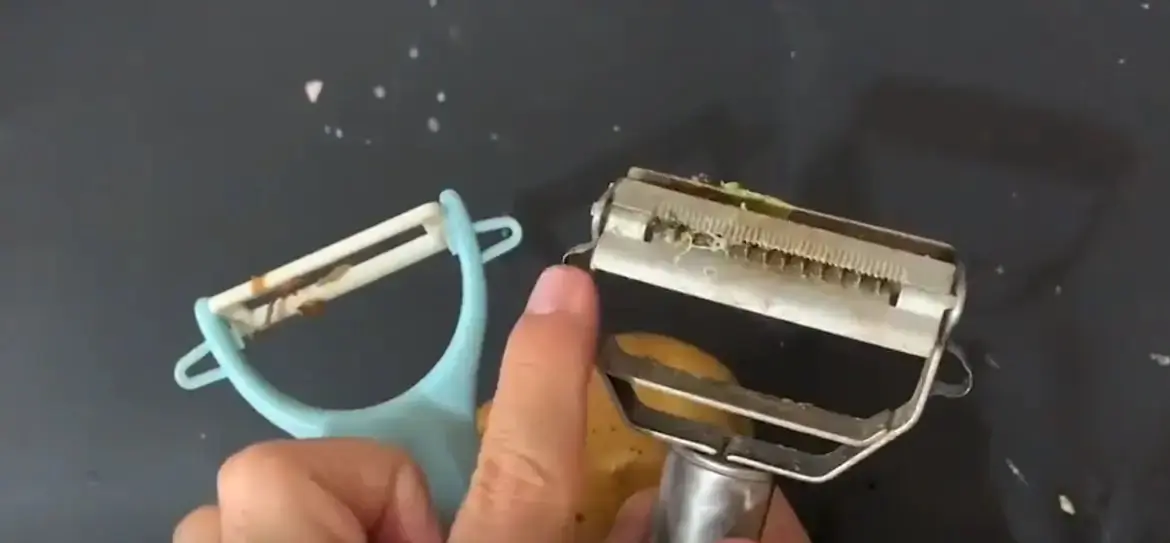
The "Secret" of the Small Hole on a Vegetable Peeler That Made Me Realize My EQ Has Been at Rock Bottom for 10 Years!

Aftershocks: How Dang.erous Is the “Ghost” After an Earthquake and What You Need to Do to Protect Yourself

From the earthquake in Myanmar, what do experts warn about high-rise buildings?

Why do hotels allow check-in at 2:00 PM but require check-out by 12:00 noon the next day?
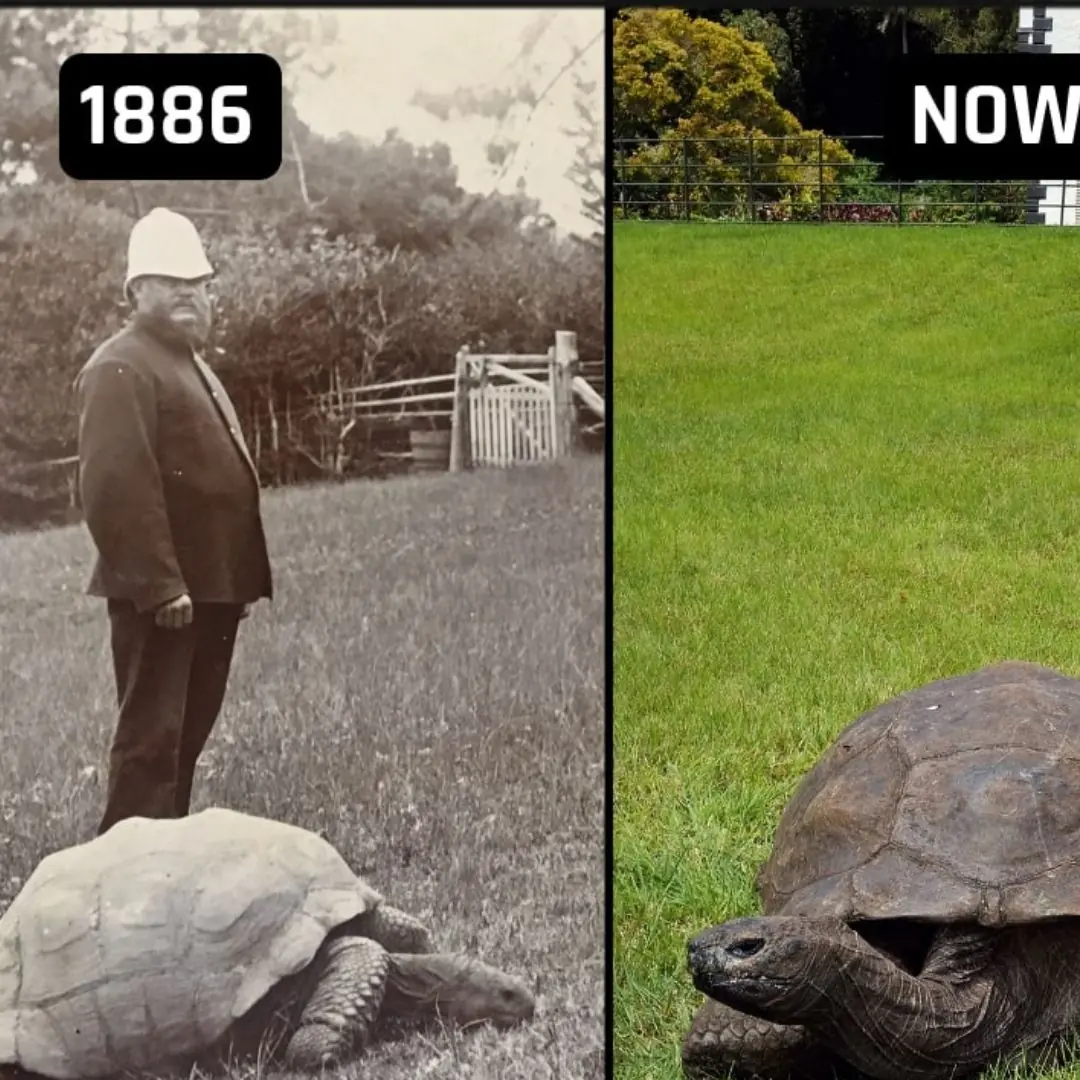
Jonathan, a tortoise hatched around 1832, is the world's oldest known living land animal, aged 191 years

Cruise passenger's unusual tipping gesture sparks f.u.ry from seasoned travellers - but can you tell why?
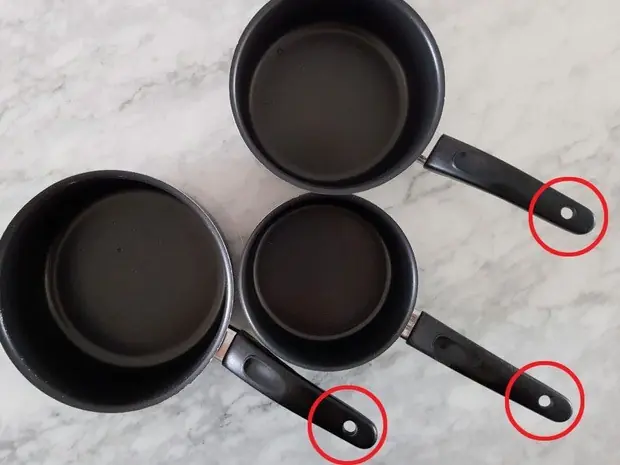
Using My Half-Century-Old Non-Stick Pan, I Just Discovered the Secret Use of This Little Hole—And I Blame My Own Ignorance

Why aren't computer keyboards arranged in alphabetical order?

Words you should never Google and what happens if you do

4 Everyday Items That Can Go Bad Even Before Their Expiration Date

4 extremely poisonous mushrooms that are around your house, be careful not to touch them

What is the function of that small hole?
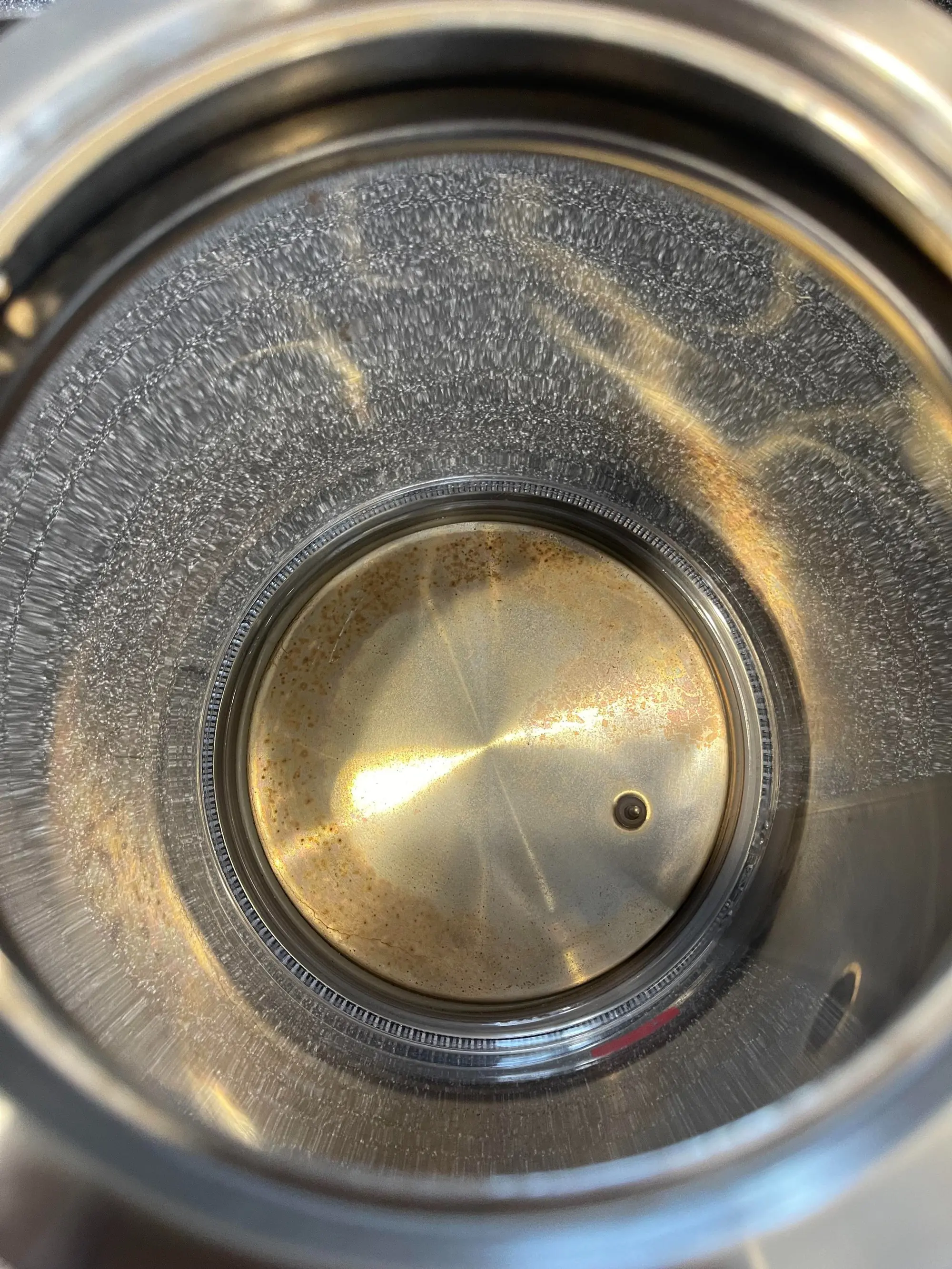
My Husband Praised Our Kettle—What I Discovered Gave Me Chills

4 Plants That Attract Snakes & 3 That Repel Them—What to Grow (and Avoid) in Your Garden
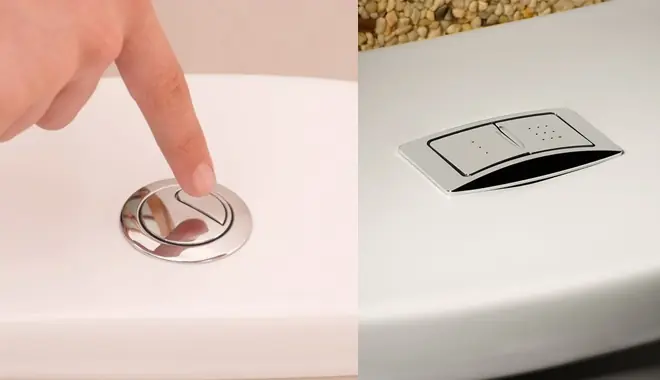
Many people think that these two buttons are only for releasing water
News Post

5 foods are considered "vacuum cleaners" for the l.u.n.gs: eat them regularly and your l.u.ngs will be cleaned

5 Habits Doctors Never Do During Flu Season: How They Stay Healthy Despite Daily Contact with Thousands of Patients

How can you make “5+5+5 = 550” correct with just one line?

Signs of High Blo.od Sugar and Diabetes Risk: If You Have Any of These 6 Symptoms, Be Cautious!

The Purpose of the Notch on Scissors: Many Homemakers Don’t Know How to Use It—What a Shame!
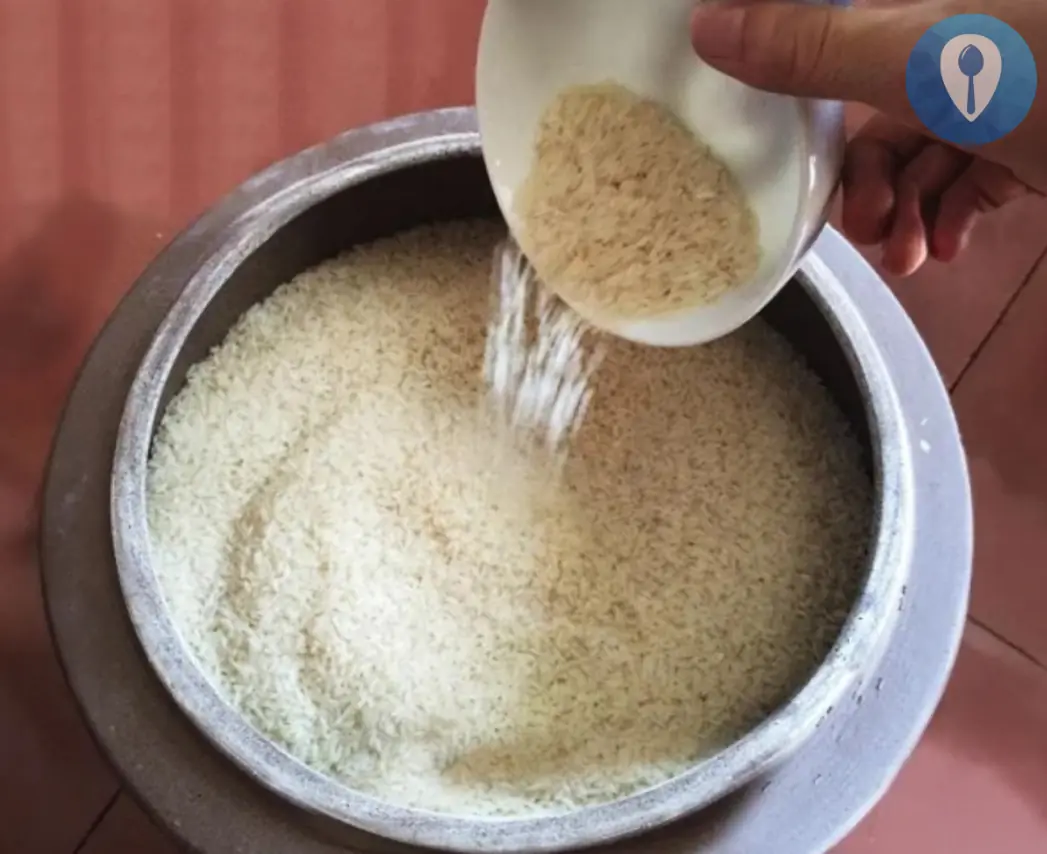
The rice barrel placed in this place will cause constant illness and difficulty
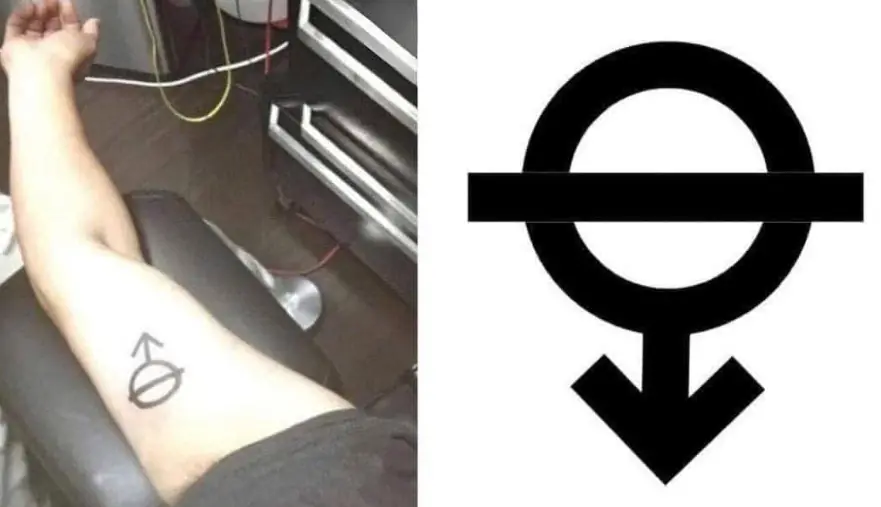
Is that girl okay?

The photo that made millions of people cry about the profession considered the di.rtiest in the world
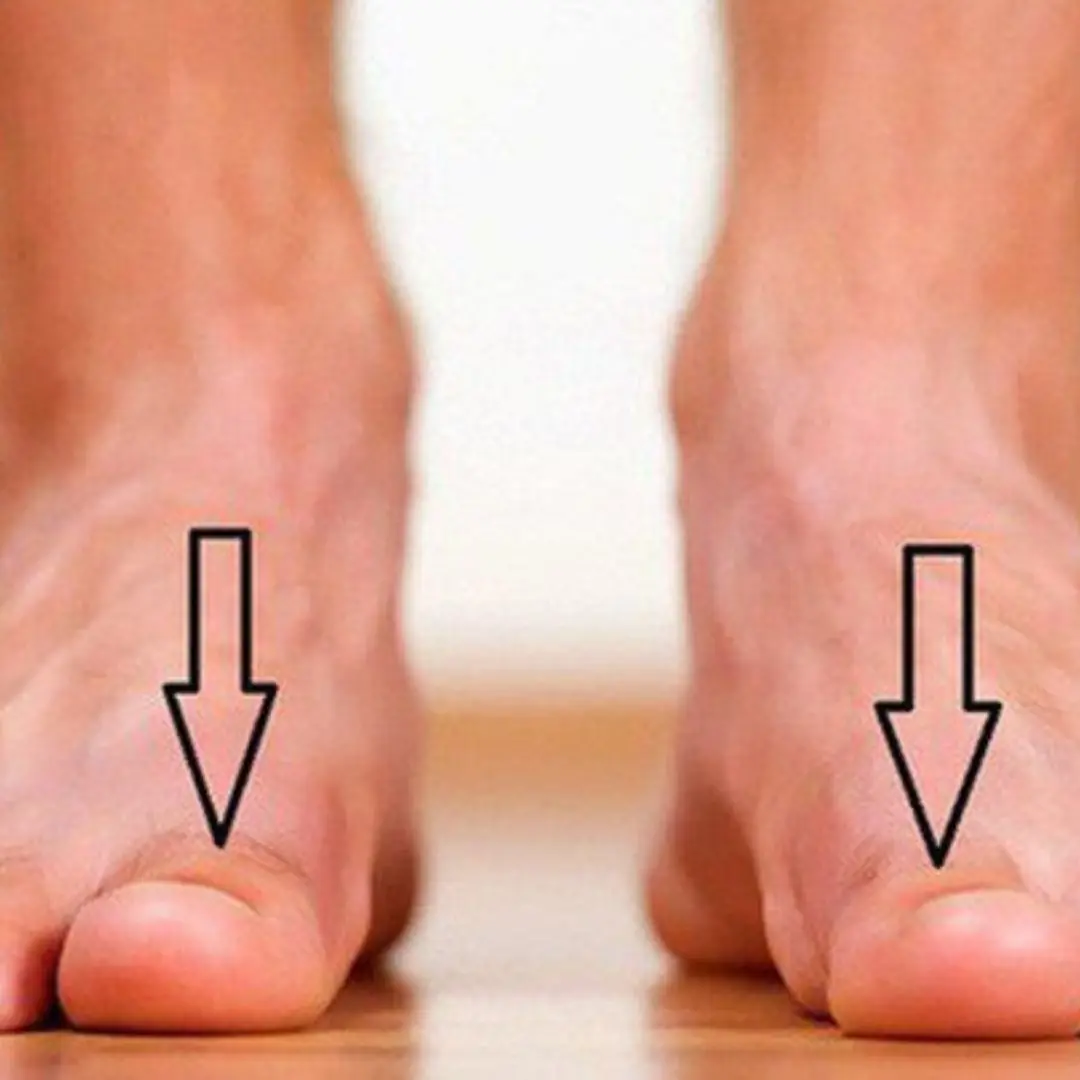
7 warning signs of incurable diseases on the feet: Those who do not have them are very congratulatory

Whole family hospitalized after eating watermelon left overnight in the refrigerator: Mistakes in preserving watermelon that many people make
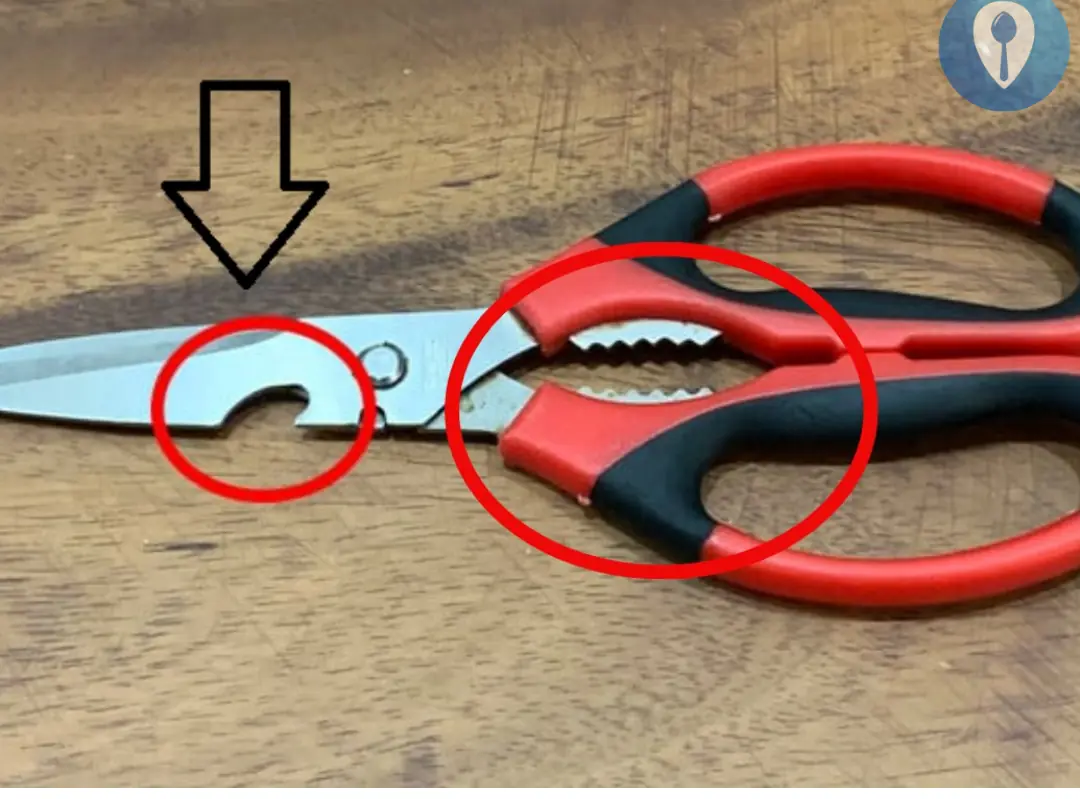
What are the buttonholes and serrated holes on scissors used for?

Using your phone a lot is fine, but you have to avoid 2 times

The old man selling lottery tickets carried a sack of change into the bank, was loo.ked d.own upon by the staff and had a surprising ending

I'm only 22 years old, but I just agreed to marry a rich 60 year old man

Who D.ie.s If ‘E’ Pushes The Stone?

Many people worry that throwing toilet paper into the toilet might cause blockages

The "Secret" of the Small Hole on a Vegetable Peeler That Made Me Realize My EQ Has Been at Rock Bottom for 10 Years!
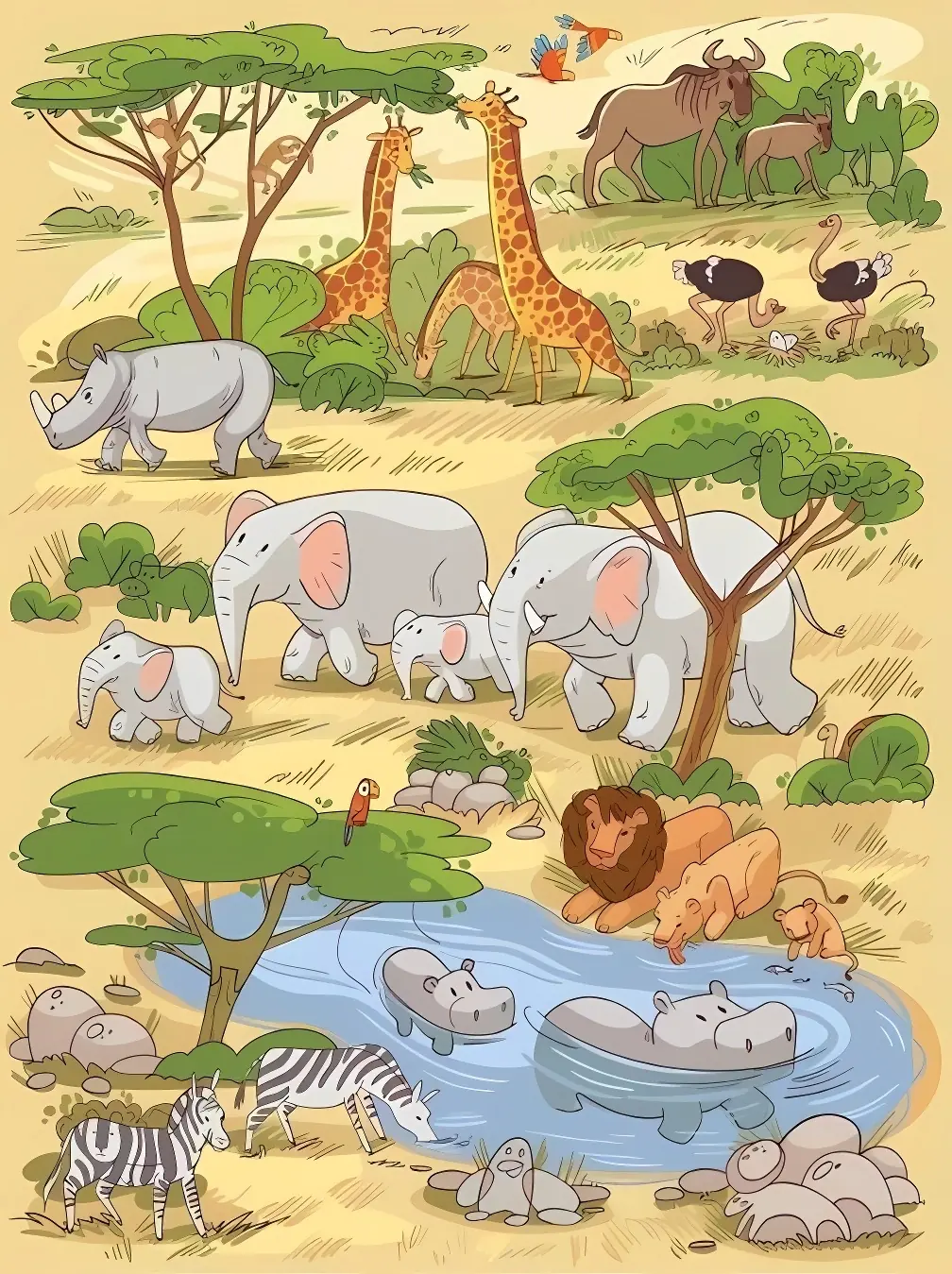
Can you spot the turtle in 15 seconds?

9 Warning Signs of Can.cer: Recognize Them Early to Save Your Life
